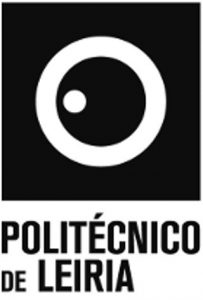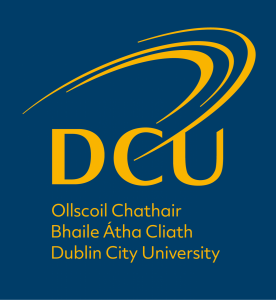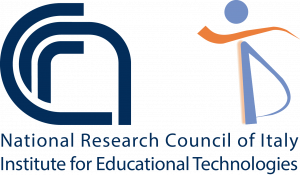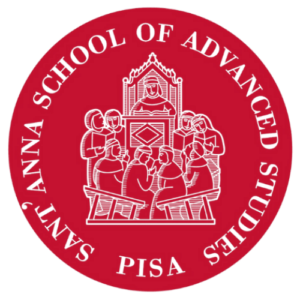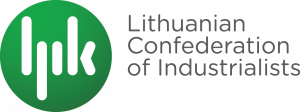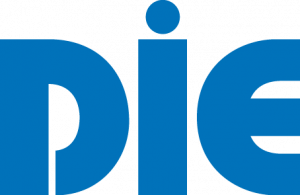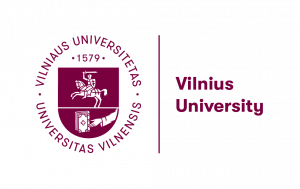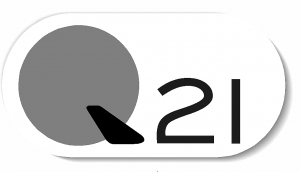Creativity and Innovation are widely recognised as some of the most important driving factors of our modern economies.
However, there are just a few approaches on Creativity and Innovation Management.
The CIM project dealt with the acquisition and validation of competences related to Creativity and Innovation. In the 2,5-years project more than 150 learners created innovative concepts and prototypes for products and services needed within European Societies which are existing in times of changes that are existentially disruptive. While we could count “digitalisation” and “industry 4.0” still under “revolutions”; Covid and climate change led to the conclusion that the way we live is no longer sustainable and will threaten our survival.
One of the very few countermeasures we have as human beings is our ability to learn and (in contrast to machine learning) to develop innovations that not only solve technological but also societal problems and challenges.
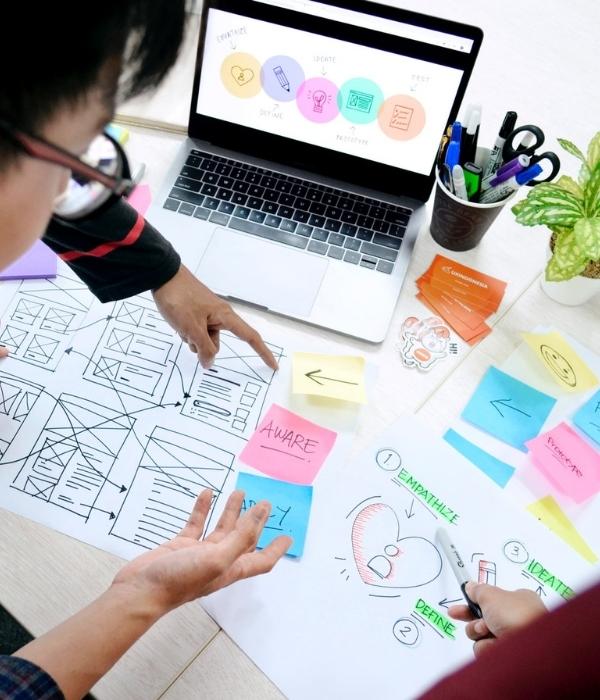
To achieve the development of new innovations we (immediately) need humans within an international, global workforce who are able to think interdisciplinary, intersectoral, international and who are able to create innovations in teams.
Accept YouTube cookies to play the video. Youtube is an external provider and has its privacy policy here:
The page will be reloaded if you accept this.
The acquisition of competences needed to cope with this challenge was the first goal of the CIM project. It related to the “Competence to Spot Ideas and Opportunities”.
To tackle these fundamental challenges, we need a paradigm change in education. 21st Century Skills cannot be brought about within the walls of formal education institutes – they require holistic Learning & Development approaches which are not entirely focusing on “qualifications”. The should also promote personal development and the ability to think and work in complex, uncertain and ambiguous systems and to react on volatile frame conditions.
CIM developed an educational approach to provide competences to tackle these challenges, and trained more than 65 professionals in Higher Education and Business to bring about these competences, and to “Facilitate Design Based Collaborative Learning”. These professionals, in turn facilitates Learning & Development of 90 students, interns and staff members in 66 learning projects in Academia and Business.
CIM Success Stories
Especially in the field of CSR and sustainable development, our interns contributed significantly to concrete innovation in regard to our core products. I would absolutely recommend these internships to my colleagues from other HRM departments.
Entrepreneur in BE
The formative assessment will help us to improve our training and consulting quality since we better know about the concept of learning and acquisition of competences – and we could apply that in a series of very successful learning projects
Trainer in BG
In contrast to the normal marks we received for exams I felt for the first time that the ratings were fully justified.
Student from Vilnius University
I want to continue to work in the field of validation because my project revealed to me the potential of a meaningful competence validation to cope with the urgent challenges in our society like climate change, Covid or Digitalisation


